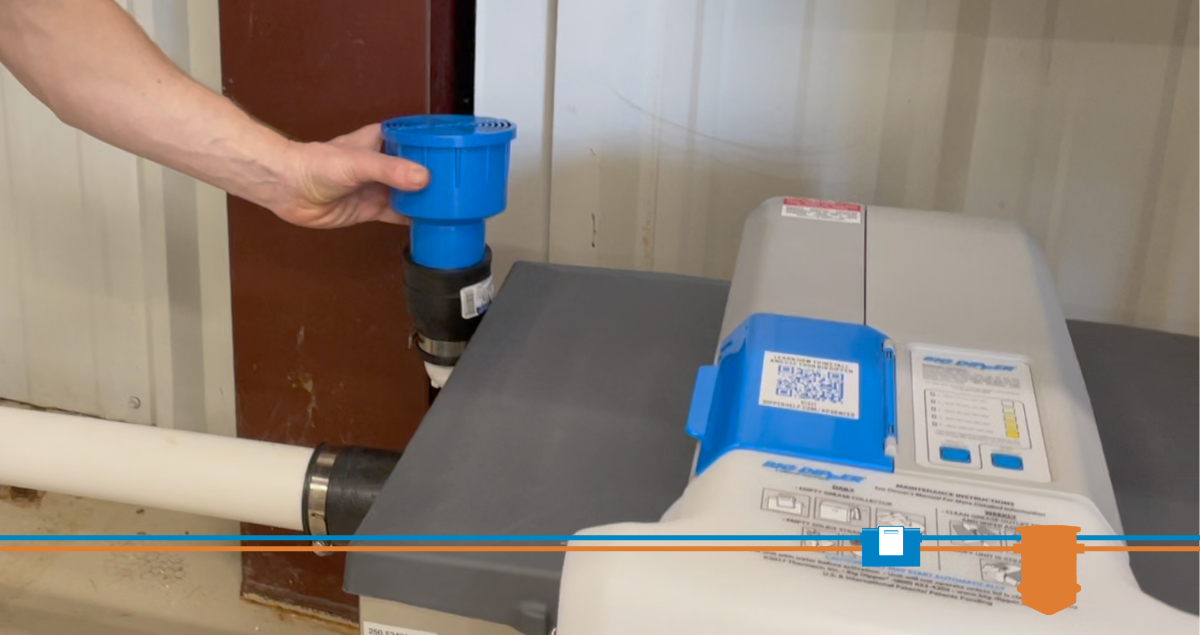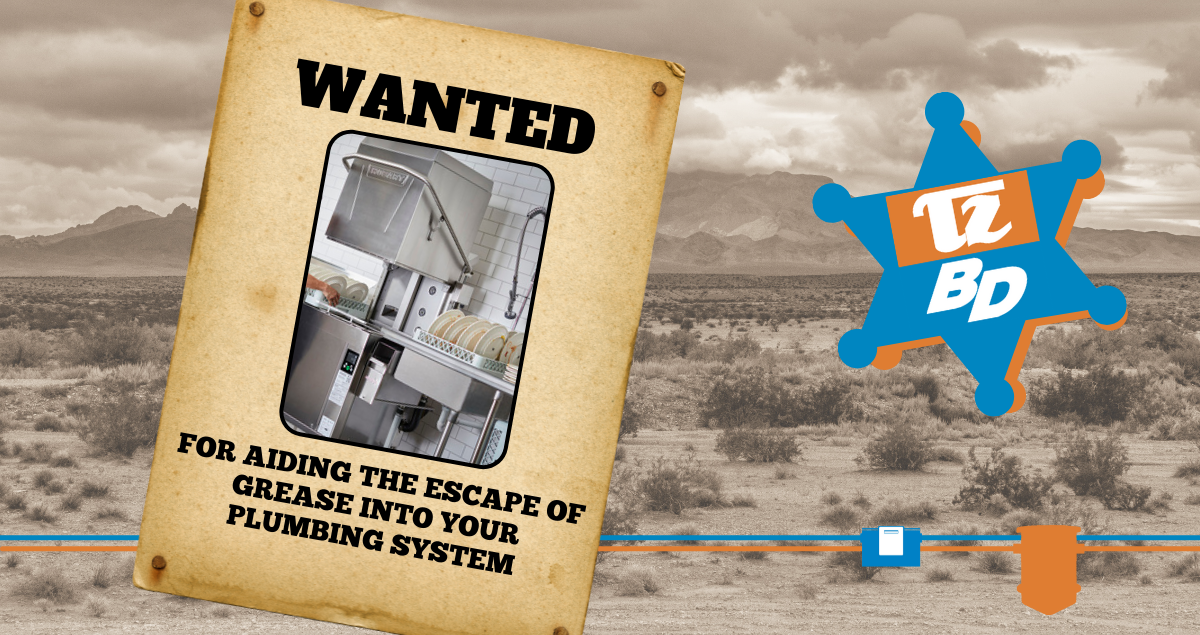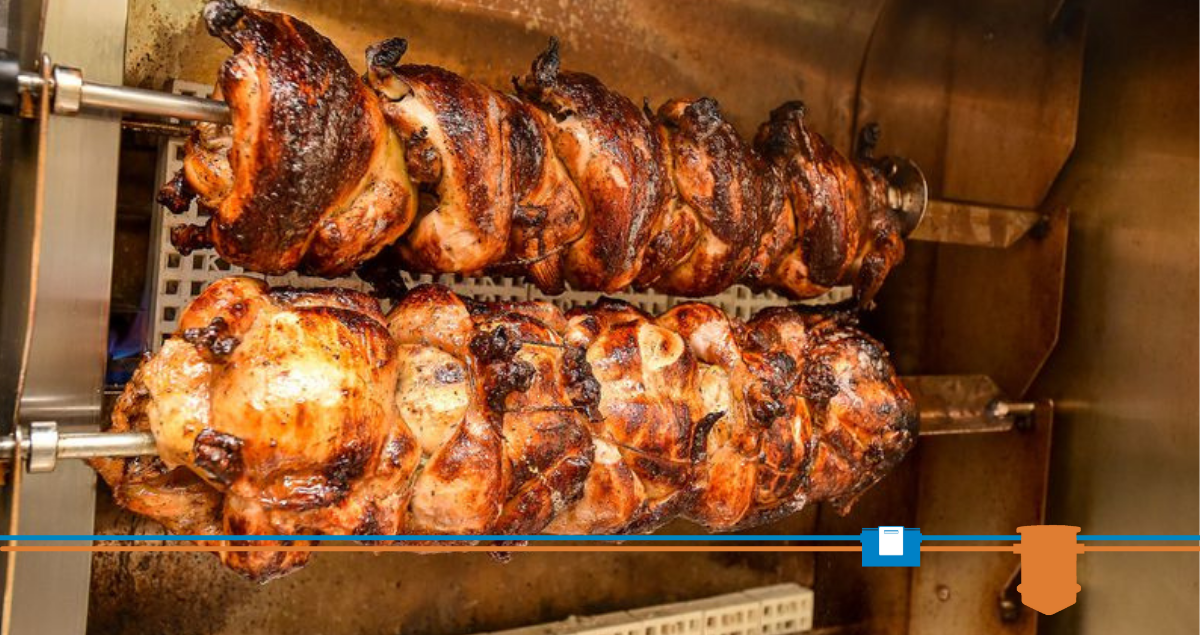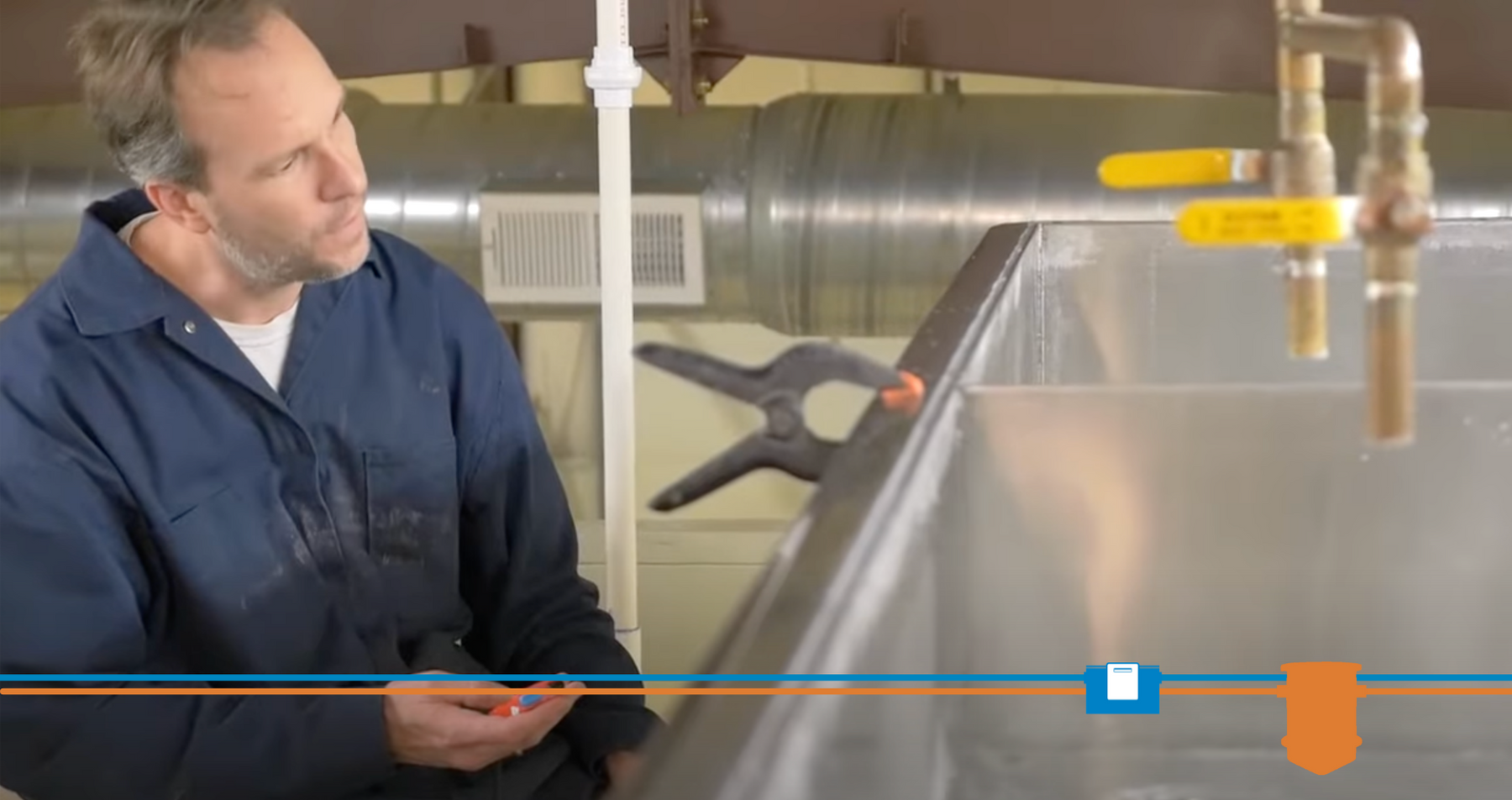How dirty waste makes for clean energy
- Aug 25, 2015
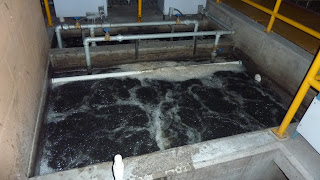
As arguably the largest supplier of organic waste, some large-scale farmers have been an instrumental part of the process, working hand-in-hand with researchers as the go-to source for methane-producing waste. Pioneering farms have been using the technology since the 1980s to harness energy to power their operations.
But, the process isn’t just for farmers anymore. Wastewater treatment facilities are getting in on the action. As they explore ways to extract more energy from waste and reduce their operating costs, innovative plants are finding ways to turn more types of waste, including solid food waste, into energy.

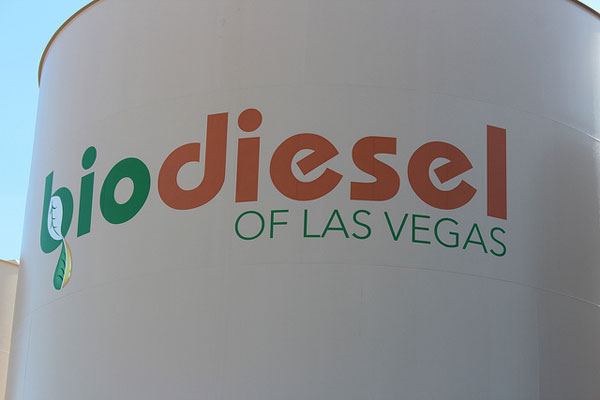 For the past couple of decades, yellow grease, or used fryer oil, has been the go-to source for biodiesel production. Each gallon of yellow grease produces almost the same volume of biodiesel.
For the past couple of decades, yellow grease, or used fryer oil, has been the go-to source for biodiesel production. Each gallon of yellow grease produces almost the same volume of biodiesel. 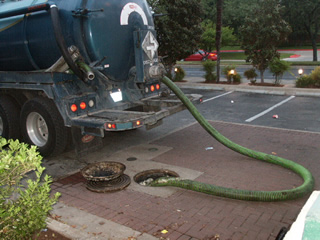 Business managers might feel as if their lives revolve around quarters … quarters of the year, that is. From taxes to financial reports and marketing initiatives, managers have a laundry list of tasks to accomplish four times a year. Food service establishment operators have yet one more responsibility to tackle at least once a quarter — the pumping of the grease trap.
Business managers might feel as if their lives revolve around quarters … quarters of the year, that is. From taxes to financial reports and marketing initiatives, managers have a laundry list of tasks to accomplish four times a year. Food service establishment operators have yet one more responsibility to tackle at least once a quarter — the pumping of the grease trap.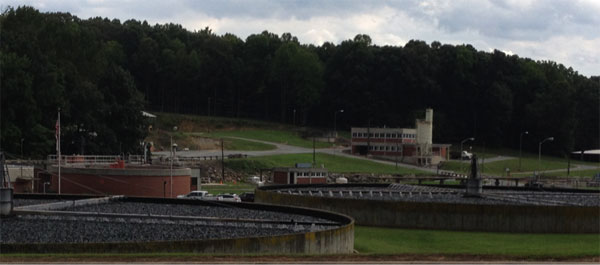 Like many wastewater treatment facilities, the
Like many wastewater treatment facilities, the 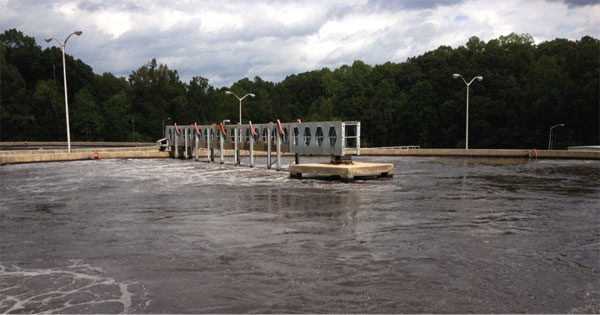 The Asheboro Wastewater Treatment Plant was built in 1962, during a different era. The Cuban Missile Crisis was right around the corner and America had just launched a space race to put the first man on the moon.
The Asheboro Wastewater Treatment Plant was built in 1962, during a different era. The Cuban Missile Crisis was right around the corner and America had just launched a space race to put the first man on the moon.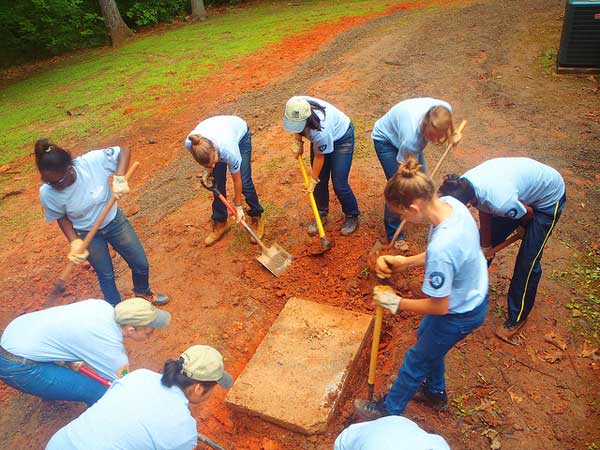 One size fits all might be an appropriate term for a rain poncho. Or a baseball hat fitted with an elastic band. Perhaps even a baggy pair of sweatpants with a drawstring. But, the term has no place in the world of grease pretreatment.
One size fits all might be an appropriate term for a rain poncho. Or a baseball hat fitted with an elastic band. Perhaps even a baggy pair of sweatpants with a drawstring. But, the term has no place in the world of grease pretreatment. 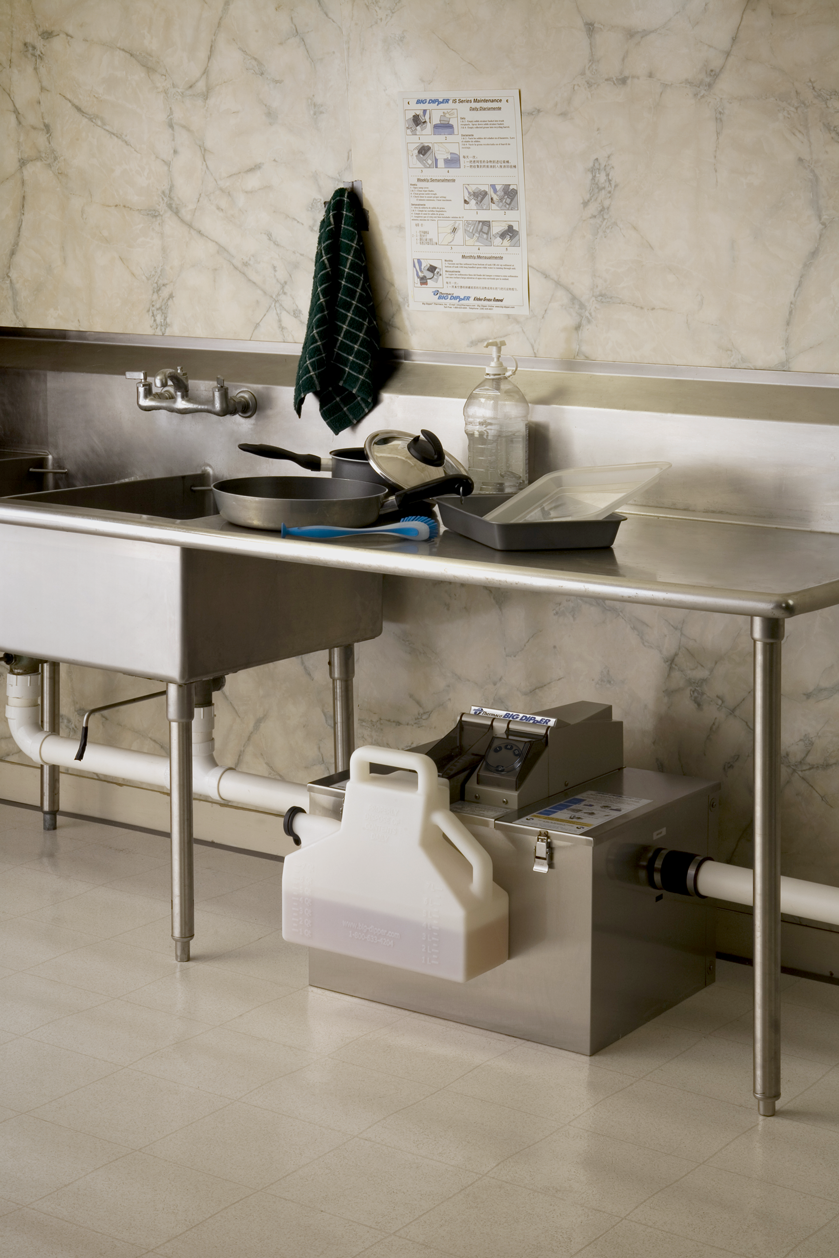 Organic and “natural” products and methods enjoy a glowing reputation in the marketplace. They’re able to command higher prices and for many people are a preferred choice when there is a choice.
Organic and “natural” products and methods enjoy a glowing reputation in the marketplace. They’re able to command higher prices and for many people are a preferred choice when there is a choice.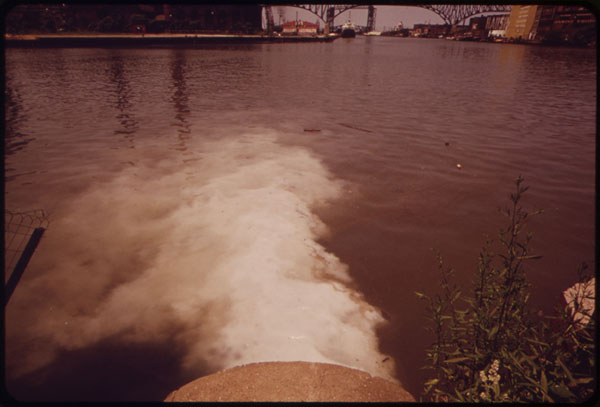 In 1969, the Cuyahoga River in Ohio caught fire.
In 1969, the Cuyahoga River in Ohio caught fire.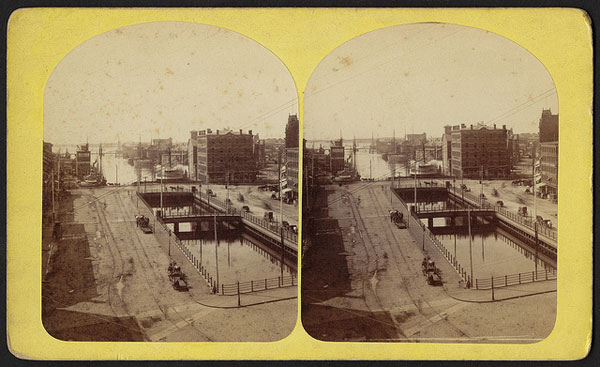 The damage that grease and other pollutants can inflict on the environment is well documented, but few cases illustrate this as well as Narragansett Bay in Rhode Island.
The damage that grease and other pollutants can inflict on the environment is well documented, but few cases illustrate this as well as Narragansett Bay in Rhode Island.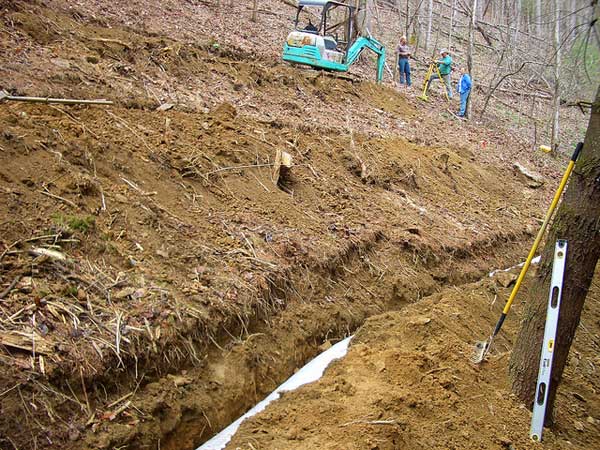 If you live in a rural area, chances are good that you use a septic system to treat your wastewater. If that’s the case, you’re probably careful about what goes down the drain and into the tank. You might, for example, pour any used cooking oil or grease into a disposable container and toss it into the garbage can. Sound familiar?
If you live in a rural area, chances are good that you use a septic system to treat your wastewater. If that’s the case, you’re probably careful about what goes down the drain and into the tank. You might, for example, pour any used cooking oil or grease into a disposable container and toss it into the garbage can. Sound familiar?
